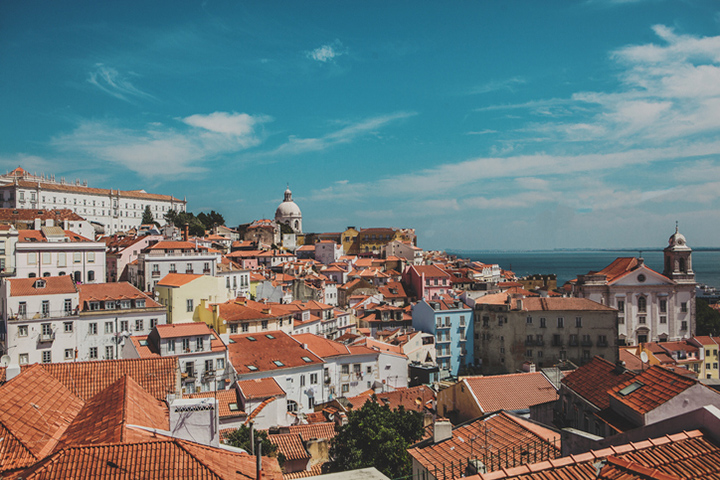Lisbon, or Lisboa in Portuguese, is the charming capital city of Portugal and one of the oldest capitals in Europe. The coastal city boasts 290 days of sunshine a year and is known for its hospitality and the family-friendly way it welcomes visitors. Here are few things to take note of before you arrive to the ancient city.
When to Visit
Lisbon is definitely a popular tourist destination. Its popularity means you will see an increase in travel costs from hotels to flights and tourist activities during certain times of the year. However, if you can visit between March and May or September to October, travel rates will be cheaper and you will run into smaller crowds then during the popular summer months. In the summer, especially June, you will see the largest crowds and hot temperatures.
The Language is Portuguese
It’s always a good call to learn a few key phrases of the local language before traveling to a foreign country. It will make you feel more confident in your travels and the locals will respect your effort. Portuguese in Portugal has a few differences than Portuguese spoken in Brazil and has many similarities to Spanish, so if you have any background in the Spanish language, you may pick up Portuguese faster than you expected.
Though many people in Lisbon and the big cities will speak English, that won’t be the case if you decide to visit the smaller villages.
RELATED: The Best Beaches In Lisbon
Late Dinners
Like many European countries, expect to eat dinner much later than you’re used to in the States. Bars and restaurants don’t typically get busy until 9 or 10 pm which is around the time most locals sit down for dinner.
There are some incredible dining options in Lisbon from Michelin star restaurants to local eateries with very budget-friendly options.
Lookout for Pickpockets
Lisbon does have a bit of a problem when it comes to pickpockets. It’s essential to be vigilant with your belongings at all times and especially when visiting popular tourist attractions in the city. Never leave your belongings out of sight, and it’s also best to keep them out of your pockets which are easy targets.
RELATED: 7 Of The Best Bars In Lisbon, Portugal
Fado is The Traditional Music
Fado, meaning destiny or fate, is a form of Portuguese singing that dates back to the 1820s. Usually played with instruments including a guitar and mandolin, you can hear Fado music being played through the city especially in the district of Alfama where an evening stroll will ensure a taste of the melancholy sounds.
Wear Comfortable Shoes
Lisbon is a city built on seven hills, which means get ready for lots of uphill walking and also lots of stunning views. On rainy days, the cobbled streets can become very slick, so be sure to pack comfortable walking shoes with traction!





